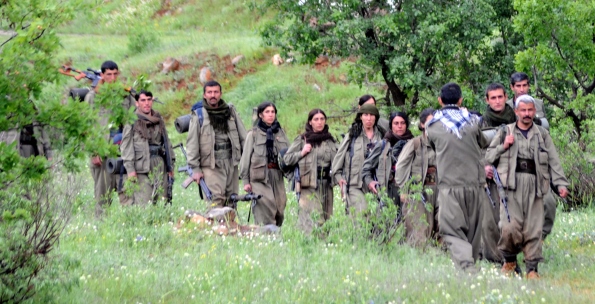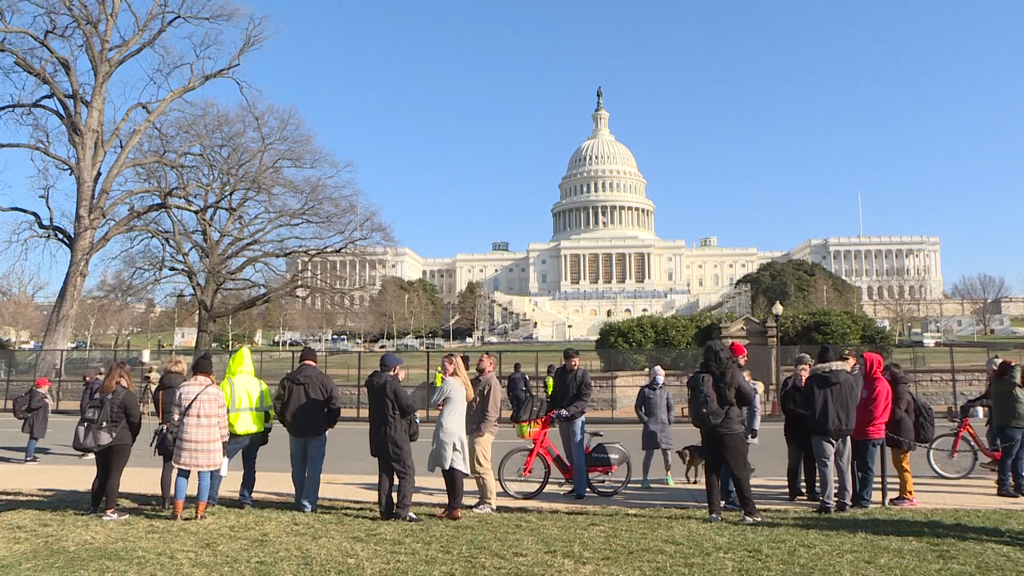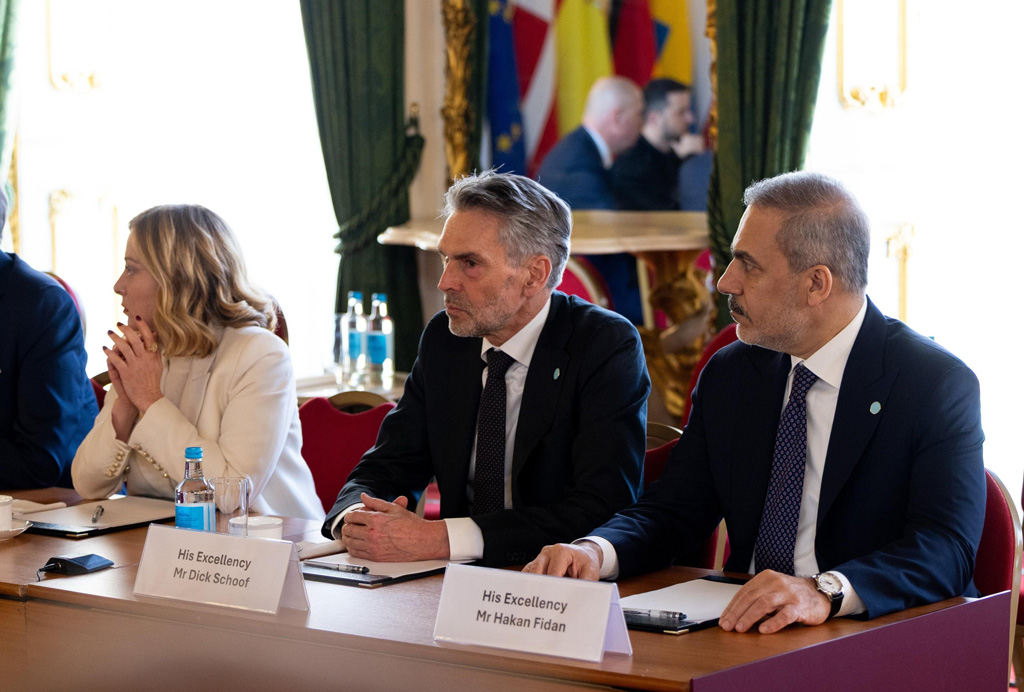One of the clichés of the establishment for years regarding the Kurdish question was the danger of the Kurdistan Workers’ Party’s (PKK) politicization that competed with its “separation” phobia. It is easily recognized today that Kemalist world is not the only one having this phobia which had been frequently expressed in the form of a quite deep threat. The PKK is cringed from “politicization” as much as Kemalism although they deem it an enemy, yet imitate its political theology. In the multi-phased peace process, we face an entity that keeps employing provocations in the “withdrawal” phase, the first leg of a road map on which their leader proceeds through consensus. Is the disarmament and finally politicization of the PKK possible while the organization fails to adopt a consistent/trustworthy policy even in the withdrawal process? Or will it have this capacity or capability?
It is possible to say that this difficult test of the PKK will continue as long as the organization confines itself to a political deadlock that cannot surpass the level of “geographical displacement without withdrawal”. Whereas in the PKK leader Abdullah Öcalan’s new message read on the day of Newruz, 2013, the main message was the disarmament and “politicization” of the PKK, and geographical displacement was just a detail. Then, why cannot the PKK get this message, or why does it insist on not getting this message? First of all, let’s remember, the message that emerged with the Newruz preaches to the PKK to go through a structural transformation far beyond a “tactical” move. Öcalan signaled a new period in terms of procedures and principles. He presented a new way of political reading based on “historic togetherness” beyond Kemalism in principle, and “ending the armed period” in procedure.
It was certainly quite difficult for the PKK, which maintains its existence on a heavy ideological discourse and setup to digest the Newruz message. The PKK could not bluntly take a stance against the Newruz message coming from the leader of the organization, and now we face the pains of the PKK world’s “digestion capacity”.
The biggest test of the PKK in the upcoming term will be whether or not the organization goes through a change and follows an acceptable frequency in parallel with the State and the government which will enlarge the digestion capacity of the society regarding the solution. The PKK has two ways ahead: They will either adopt an attitude and exploit the last 30 years in particular and fail to digest the solution process. Such an attitude will easily find a place in their heavily ideological world. After all, it is the easiest way to prefer the luxurious world of arms rather than the difficult world of politics. Or they will prefer to adopt “the new procedure and principle” that does not turn the “politicization” into a trauma.
WHY CAN THE PKK NOT POLITICIZE?
First of all, we face the fact that the split organizational structure that has legitimized the question of “which PKK?”, after 1999 in particular, creates trouble in making existentialist decisions. It is in fact expected that the PKK, like every armed organization, has a totalitarian structure not able to show much flexibility in decision-making processes. After losing its leader in 1999, the PKK incorporated international dynamics within its body but did not have the capacity to control them. Thus, multiple PKK centers – a regional organization in Mesopotamia and various actors from different countries in Europe - with different power levels came into existence. Of course, it was impossible for the PKK to manage all of these different centers. As the developments in Syria and Iraq are added in this dispersed structure, it is not wrong to say that the PKK largely invests in the most troublesome scenario in every crisis.
The most striking exa







